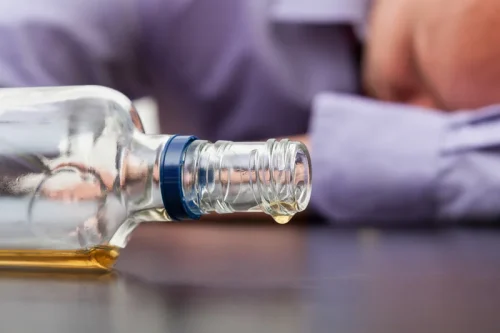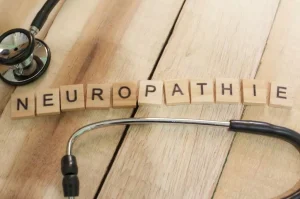What are 5 Engaging Recovery Group Activities to Foster Healing and Connection?

These urges and compulsive behaviors can control your life, but you can take back control. Relay’s addiction recovery program provides a comprehensive, outpatient approach to behavioral change – at home, at your own pace. Try the Relay program for free here; if you need help as you get set up, contact us now at Triggers are events or situations group activities for addiction recovery that can lead to relapse or heightened cravings. Discussing common triggers within the group provides an opportunity for participants to share their experiences and learn from one another. This activity helps normalize the challenges faced in recovery and empowers individuals to develop strategies for managing triggers effectively.

thoughts on “Group Therapy: A Comprehensive Resource Guide”
Have the group identify and discuss common triggers for substance abuse. Suggest different coping strategies they could use to stay sober when triggered. If you or someone you love is suffering from substance abuse disorder, call The Recovery Village today to explore the various treatment options available to you.

Find a Rehab Center
- This can be one of the more emotional substance abuse group activities as it forces the client to look at their lives as a whole and highlights that we have limited chances.
- Learn about addiction treatment programs by reaching out to us today.
- While you dance, pay attention to your thoughts and feelings as well.
- A 3-page worksheet for developing a colorful self-care “map” to explore patterns and identify new practices.
- Two Dreams utilizes process groups as opposed to theme/support groups.
Skillful facilitators must create a nonjudgmental space where participants can openly express their doubts and concerns. Balancing empathy with gentle encouragement helps participants explore their ambivalence and find their intrinsic motivations for change. Maintaining motivation for sobriety is pivotal in the journey of recovery. Substance abuse group activities focused on the positive aspects of a substance-free life highlight the physical, mental, and emotional benefits of remaining sober. Group discussions, guest speaker sessions, and personal testimonials shed light on how sobriety can improve relationships, better health, and a renewed sense of purpose. It’s important to appreciate the power of recovery group activities to transform the healing process and build a stronger, more connected community.
Substance Use Group Therapy Topics & Themes
This activity encourages participants to discuss the importance of well-balanced sleep, nutrition, and exercise in maintaining overall well-being. By sharing personal experiences and tips, group members can support each other in adopting healthy lifestyle habits that contribute to their recovery journey. In an individuals journey towards recovery from substance abuse, group therapy can play an important part in fostering connection, support, and personal growth. However, it can be challenging for individuals in treatment to open up and engage in a group setting. Ice breakers are activities that aim to break down barriers, create a sense of camaraderie, and promote a supportive environment. Substance abuse group activities focus on creating an environment where members feel safe sharing their thoughts and experiences.
Try these recovery group activities today

- Group members can then share their reflections, fostering empathy, understanding, and connection within the group.
- Question balls are a resource that group leaders may use to get topics of conversation going.
- Writing personal letters about one’s recovery journey can be an incredibly therapeutic activity.
- These activities help break down barriers, foster connections, and promote personal growth.
Common Group Therapy Activities & Exercises
